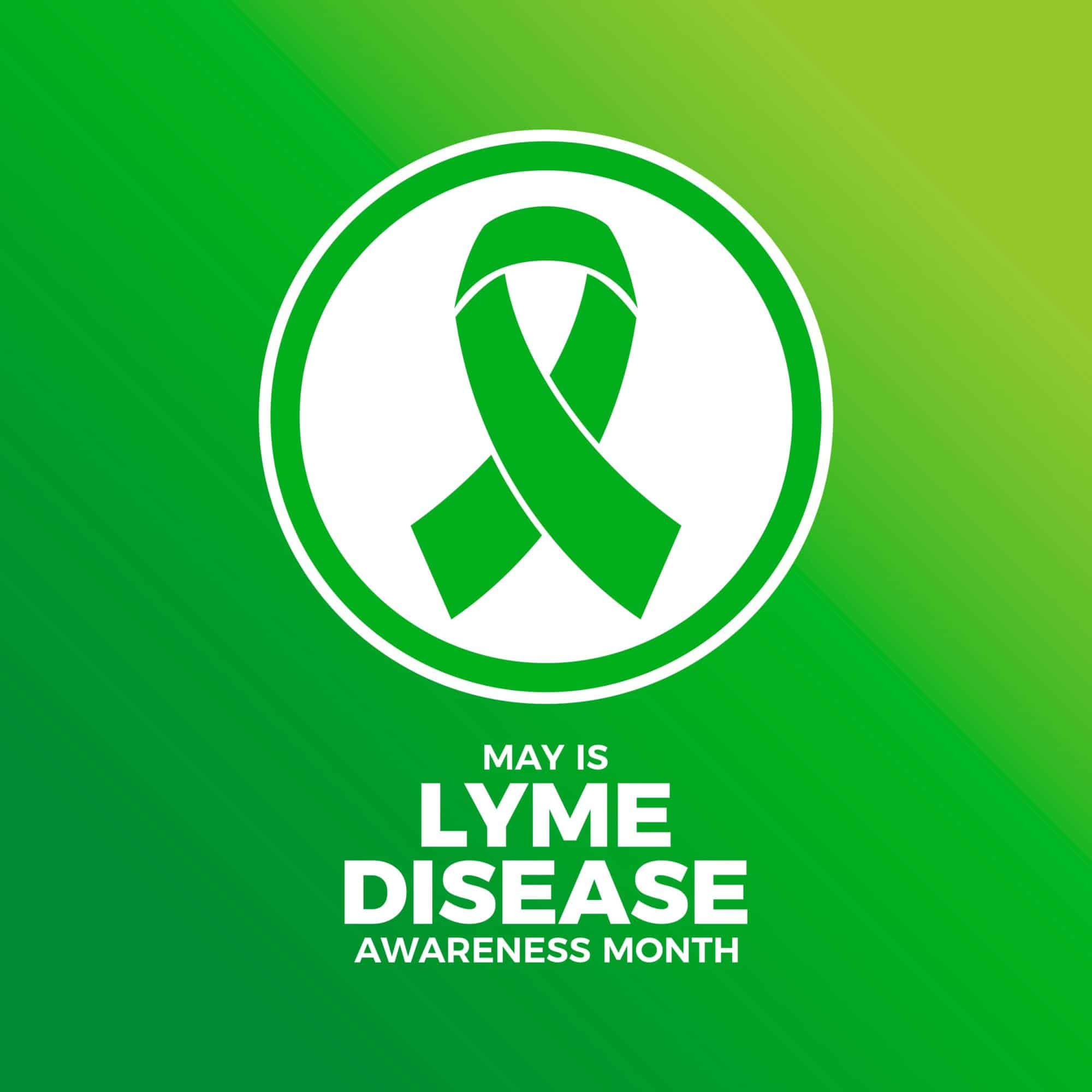Lyme Disease Awareness and Prevention Tips for Pets

As if ticks weren’t stomach-turning enough, the knowledge that they transmit many awful diseases adds insult to injury. Pets can be affected by tick-borne disease just like people can, and Lyme disease in Odessa is a real thing. Caring Paws Animal Hospital thinks Lyme disease awareness is important for pet owners, and we are ready to share how to best protect your pet.
Lyme Disease in Pets
Lyme disease is a bacterial infection caused by Borrelia burgdorferii. Carried in the digestive tract of the deer tick, this infectious organism becomes activated during the tick’s feeding cycle, and can infect humans and animals that are bitten by the tick.
The activation occurs during a blood meal, and so the deer tick must remain attached to its host for several hours for disease transmission to occur.
Lyme disease is being diagnosed with increasing frequency in Florida, and it is important to take steps to better protect our pets.
Oftentimes pets do not exhibit signs that they have been bitten by a tick right away. Rather, symptoms often surface several months later, long after the tick is gone. They can include things like:
- Fever (can wax and wane)
- Depression or lethargy
- Decreased appetite
- Lameness or overall soreness
- Swelling of joints
- Enlarged lymph nodes
In some dogs serious changes can also affect the kidneys, resulting in increased protein in the urine, increased thirst and urination, and even kidney failure.
Prevention is Key
While we can treat Lyme disease in pets, it is something we would rather avoid when possible. Preventing problems looks like:
- Avoiding ticks when possible: Use caution in tall, grassy areas where ticks often frequent. Try to keep your dog on paths, and do not allow them to romp through untended areas.
- Using quality prevention: Our staff can recommend options for safe, effective tick prevention. Thankfully, there are several good choices, and one that works for almost any pet.
- Looking for hitch-hikers: Most tick-borne diseases including Lyme disease require the tick to stay attached to the host for a period before transmission occurs. Observing your pet closely after spending time in higher-risk environments, and removing any ticks promptly can limit exposure. Pay particular attention to the armpits, ears and face, under the tail, and paws.
- Vaccinating when appropriate: Depending on your pet’s risk, we may recommend vaccinating against Lyme disease as part of your pet’s wellness care.
Detection of trouble is also important. Routine screening for antibodies against Lyme and other tick diseases can help us to detect an infection early, which allows for more effective treatment. Most patients respond well to a course of antibiotics.
A well-educated pet owner and some Lyme disease awareness can go a long way towards protecting pets against this disease. As always, let us know if you have any questions or would like to make an appointment to discuss your pet’s preventive care plan.

